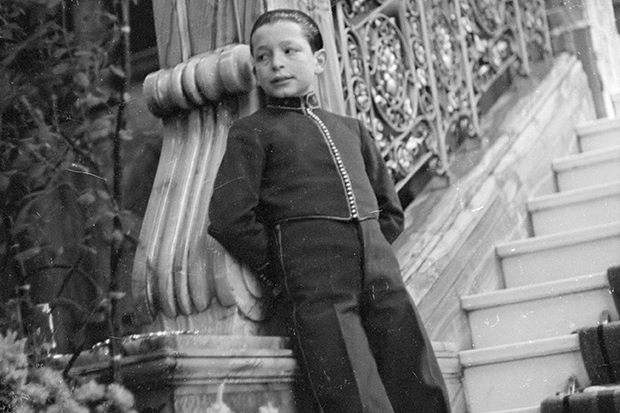The 17th of December 1999, nothing more than an ordinary school day close to the Christmas break. But to my family, it was a devastating moment. That morning a letter dropped on to the doormat informing us that I would not be attending Emmanuel College for my secondary education. Places at Emmanuel, one of the original city technology colleges, were the most coveted in Gateshead. It’s easy to see why: a school with no fees offering a top-notch education. It was such a successful venture that it inspired Andrew Adonis to start the academies programme during his time as schools minister.
Five years later, the Paynes were waiting for another communiqué on the future of my education. This time it was from a small private school across the river in Newcastle-upon-Tyne. Thankfully, it was good news. The sixth form at Dame Allan’s Schools accepted my application and I waved goodbye to the state sector. Making this rare switch for the last two years of my schooling was an unsettling and costly move, especially for a single-parent family. My mother and father were both educated at grammar schools, something they would have wished for me. But like many families in the latter half of the 20th century, we were stuck in the middle-class quandary of choosing between the local comprehensive or doling out money.
After failing to get a place at Emmanuel, I had spent the first five years of my secondary education at St Thomas More Catholic High School, an excellent comprehensive in a suburb of Gateshead. Thomas More was marked ‘an outstanding and inclusive school’ by Ofsted in 2013, after becoming an academy in 2012. But my time there was far from smooth. I was dumped in the third-from-bottom stream in my first year and had to work my way up to the top tier. Being labelled the most nerdy boy in the year (undeniably true) does not make for an easy existence among a group of 200-odd teenagers vying to fit in. And in retrospect, the lack of anything computing or technology-related on the curriculum was appalling.
So by the time I reached the end of Year 11, it was time for a change. Emmanuel was out of the question — too much resentment — so we opted for the smaller of Newcastle’s main private schools: Dame Allan’s. Compared to the Royal Grammar School, it is friendlier and less of a hothouse. My first few days were terrifying and a tad lonely, just like starting any new school. The primary, secondary and sixth-form schools of Dame Allan’s form a diamond structure, as described by Eleanor Doughty on page 19, so most of the students knew each other already. Our band of newcomers stuck together until we drifted into different groups of friends.
It’s hard to pin down exactly what I found so wonderful about Dame Allan’s. The facilities were not spectacularly better than those at Thomas More. Nor did I feel I was being worked infinitely harder. It was probably the ethos and being surrounded by like-minded people. The camaraderie of a smaller school makes it easier to be more individual yet still feel part of something. The school had a different spirit, and focused on achieving greater things. From the Young Enterprise society to being a prefect in the junior school — where I was attacked daily with sharp metal rulers — Dame Allan’s did everything possible to turn me into a well-rounded individual.
The teachers in my core A-level subjects of politics, computing and business were highly experienced and not overly concerned about sticking to the curriculum. I was encouraged to dig further into topics I found of particular interest during my spare time — something I continue to do now. When I moved to Dame Allan’s, friends from the state school would ask whether it was really worth all that money, and what I thought of the people, assuming the private school was full of unsavoury characters. In fact it was the opposite. I was happier than I had ever been, with a group of friends I still remain in regular touch with almost a decade after we first met.
As my two short years came to an end, there was one moment that had a very definite impact on the rest of my life. While mulling over whether to study politics or computer science at university with my tutor Robert Oliver, he offered me some sage advice. ‘Sebastian, if you want to get a job after university, I’d advise studying something other than politics. Go and do computer science and you can rediscover politics later.’ I did just that and a few years later, I landed my dream job of becoming a political journalist for The Spectator. Were it not for the teaching, advice and encouragement of a small independent school, that would not have happened. It was the best decision of my life.






Comments